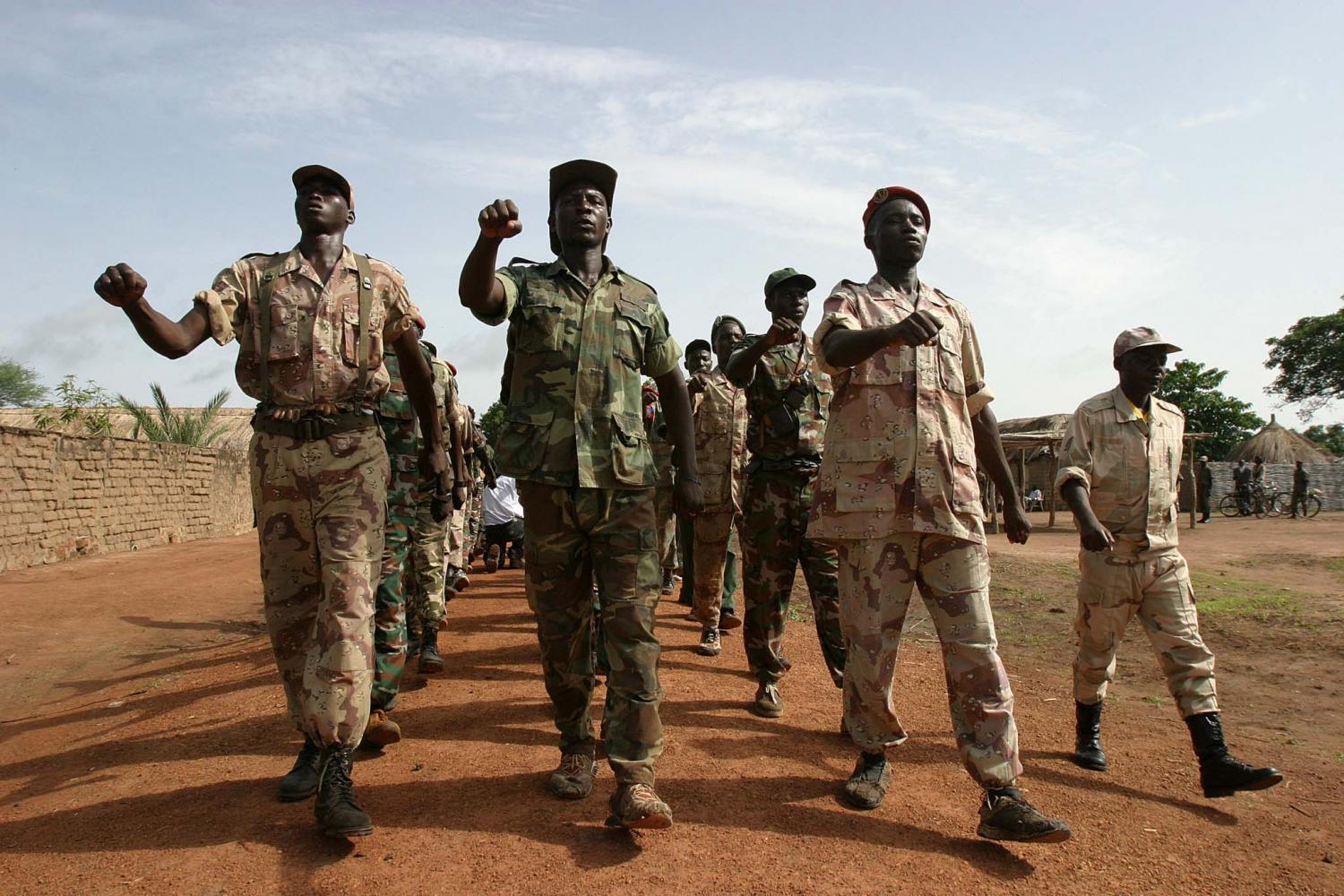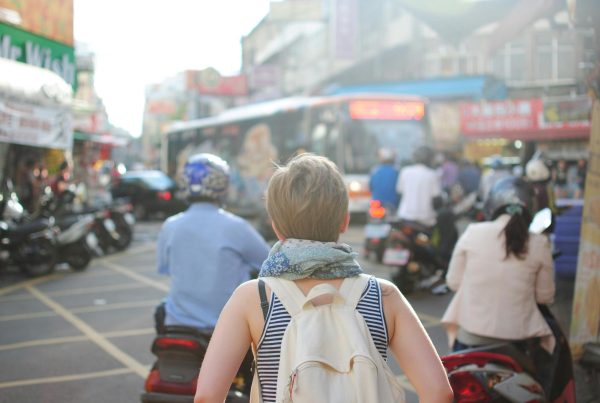Youth Knows No Pain
A 2012 study at the Jaume University, Castéllon showed that only 28.8% of the asked people of the ages 16 to 30, consume news on a daily basis. 3 out of 4 use social networking sites for this. I believe that if it were still necessary to consume news every day, the crises that are present in 15 out of Africa’s 54 countries wouldn’t be as horrid. 15 African countries are struggling with a civil war. If today’s youth could be informed about this I think these crises could be averted in the future. However, so few young adults know about the civil wars, that there is little to be done.
Nowadays our news focuses on Syrian refugees and the presidential candidates of America. Only when there is a world conflict does the news respond. This is why only a small amount of today’s youth realize how many countries in Africa are struggling with a civil war.
Africa makes up 16% of the world population. This might not be much for the second largest continent, but in 2014 African countries made up over half of the world’s crises. If the news reports this, it is because of an international crisis. Currently, Nigeria is featured in the news, due to the terrorist group, Boko Haram. Syria and ISIS is one of the greatest issues of today’s world, but if the refugee crisis wouldn’t be as large as it presently is, affecting over 12 first world countries, would the world be this focussed on the terrorist group? It is necessary that the news reports these subjects, however there are African countries that don’t receive this publicity, which might help them.
The CAR is engulfed from all sides from other countries civil-war fighting countries and is having internal conflicts between Muslims and Christians. Terrorist group, Boko Haram has spread from Nigeria, to Chad and Cameroon. In Darfur, Sudan, there is an increase in brutality. South Sudan has had a decade long history of internal conflicts, as does the DRC. In 2003 the 2nd Congo War might have ended, but since then militia groups have stayed there, resulting in an uproar of the folk against them and other rebel groups.
Due to inept political governments in these third world countries, for example Mali, Algeria and Zimbabwe, these countries are having to deal with terrorist and rebel groups. If the countries could be educated about the importance of a stable economy and promote inter-group cooperation, the politicians should be able to control the wars raging in their country.
People say that today’s youth, have the upper hand when it comes to the issues today’s world is facing. We are the ones who can make a change. But how is it possible to change something in our world, that we don’t know about? Out of 72 FIS students, 34 said that Somalia was one of the countries involved in a civil war. However the USA and the UN have been, and still are involved in the 25 year long war. This brings more media attention to Somalia, making it easier for young people to notice what is happening in these countries. Burundi, for example, only got the attention of four people. Even “The Guardian” states that “The world looks away as blood flows in Burundi.” From 15 countries, South Sudan, with 40 votes, got the most attention, and Burundi the least. South Sudan is the least developed country in Africa, with only 15% of the population, having a mobile phone. The NGO is wanting to help the crisis, but threats to expel staff members and assaults towards them are increasing. A UN helicopter was shot down by militant groups in december. With the UK also aiding the country and it being the newest world country, there are lots of news reports about the crisis.
I believe that to be able to help these countries, teenagers and young adults must be educated about them, as we are the generation who could change something in the occurring crises. For this to happen, media has to become more involved in these countries, so that we can help their population, to learn about the importance of a stable economy and promote inter-group connections. I think that the survey turned out this way, because of the news, reporting on countries where help organizations are more involved in, as it speaks to a larger audience. If change is to happen, the news has to report on all crisis-involved regions in africa, so that today’s youth can be educated and we can make a change.






